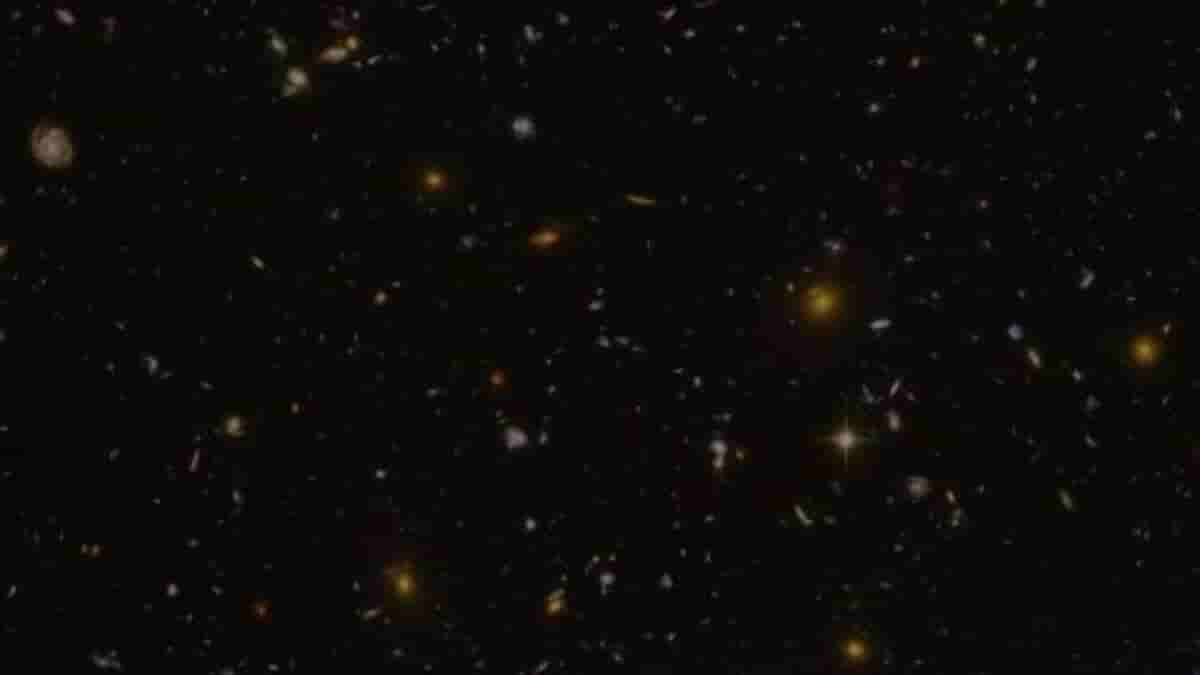Scientists have found the largest crystals ‘lonsdaleite’, a rare kind of diamond

The largest crystals of a rare form of diamond have reportedly been discovered to date by an international team of researchers. Its existence has been disputed by scientists. Tiny traces gave hints. Now that a heavenly diamond has been discovered on the surface of the Earth, experts can affirm its existence. The stone is stronger and harder than a typical diamond. According to recent studies, the unusual mineral came to this country through a meteorite.
According to the authors of the study that was published on September 12 in the journal Proceedings of the National Academy of Sciences, the natural chemical process that is thought to have created lonsdaleite may provide ideas for producing extremely durable industrial components.
When Australian professor of geology Andy Tomkins was out in the field classifying meteorites, the revelation first became clear. According to study co-author Alan Salek, a PhD student and researcher at RMIT University in Australia, he discovered a peculiar “bent” type of diamond in a space rock in Northwest Africa.
According to Tomkins’ theory, the meteorite containing the lonsdaleite formed in the 4.5 billion-year-old dwarf planet’s mantle. Then, he said, “the dwarf planet was catastrophically hit by an asteroid, relieving pressure and resulting in the development of these extremely odd diamonds.”
With the use of electron microscopy and sophisticated synchrotron techniques, the team was able to analyse the meteorite and create maps of the space object’s constituent materials, such as lonsdaleite, diamond, and graphite, according to the report.
Lonsdaleite and diamonds can develop in three different ways. The process used to manufacture the mineral may have an impact on its size, he continued. In this investigation, researchers hypothesized that the third strategy produced the larger sample they had discovered.


